Home>Ideas and Tips>Backyard Water Conservation Tips: Eco-Friendly Landscaping Ideas
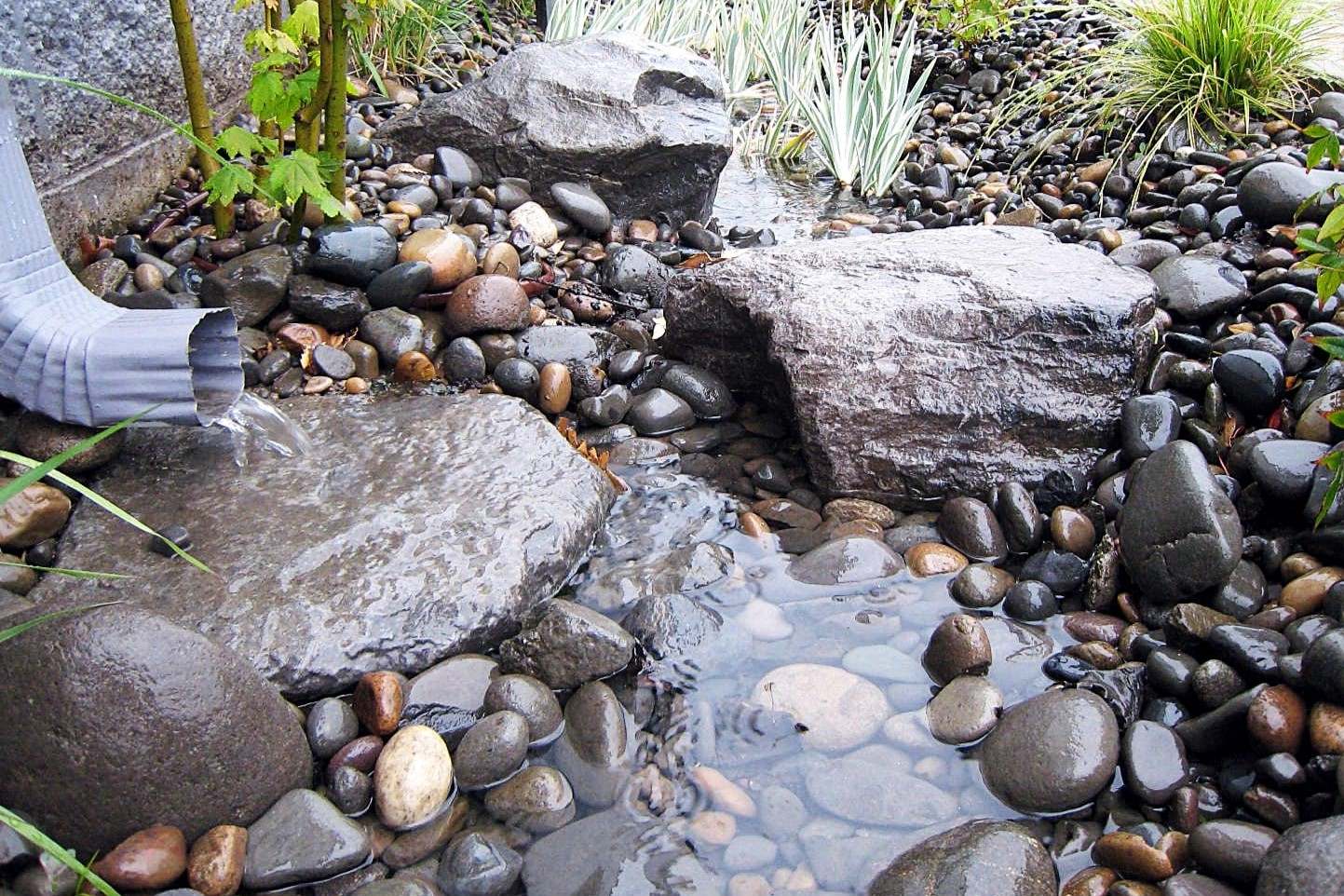

Ideas and Tips
Backyard Water Conservation Tips: Eco-Friendly Landscaping Ideas
Published: September 18, 2024
Discover backyard water conservation tips and eco-friendly landscaping ideas to create a sustainable, beautiful outdoor space while saving water.
(Many of the links in this article redirect to a specific reviewed product. Your purchase of these products through affiliate links helps to generate commission for Storables.com, at no extra cost. Learn more)
Introduction
Water conservation is a big deal these days. With climate change and water shortages becoming more common, it's crucial to find ways to save water, even in our backyards. So, how can you make your backyard more eco-friendly and conserve water at the same time? Let's dive into some practical tips and ideas that can help you create a sustainable outdoor space.
Understanding the Importance of Water Conservation
Water is a precious resource, and it's running out faster than we think. In many places, especially those with dry climates, saving water isn't just a good idea; it's a must. By using less water in our gardens, we can help protect the environment and make sure there's enough water for everyone. Plus, it can save you money on your water bill. So, let's get started on making your backyard more water-efficient.
Assessing Your Current Irrigation System
First things first, take a good look at your current irrigation system. Is it doing its job efficiently, or is it wasting water? Here are some things to check:
-
Sprinkler Efficiency: Traditional sprinklers can waste a lot of water if they're not set up right. They often overwater, especially when it rains. Think about upgrading to smart irrigation systems that use weather data and soil moisture sensors to water your plants only when they need it.
-
Drip Irrigation: Drip irrigation is a great way to make sure water goes straight to the roots of your plants. This method cuts down on evaporation and runoff, making it super efficient. Installing a drip irrigation system is pretty easy and can save a lot of water.
-
Rain Barrels: Collecting rainwater is a simple yet effective way to cut down on your use of municipal water. Set up rain barrels or cisterns to catch rainwater from your roof. You can use this water for your garden, which will lower your water bill and help during dry periods.
Selecting Water-Efficient Plants
Choosing the right plants is key to creating an eco-friendly landscape. It's not just about how they look; it's about picking plants that don't need a lot of water and are easy to take care of.
-
Native Plants: Native plants have been growing in your area for a long time, so they're used to the local climate and soil. They need less water, fertilizer, and pest control because they're already adapted to the environment.
-
Drought-Tolerant Plants: These plants are perfect for dry areas. Think about shrubs like lavender, cacti, and succulents. They don't need much water and are low-maintenance because they've adapted to store water in their leaves or have deep roots.
-
Perennial Plants: Perennials come back year after year without needing to be replanted. This cuts down on maintenance and replanting. They offer a variety of colors, textures, and shapes, keeping your garden looking great all year round.
Xeriscaping: The Ultimate Water-Saving Approach
Xeriscaping is all about creating a garden that doesn't need much water. By using xeriscaping principles like mulching, grouping plants with similar water needs, and using efficient watering techniques, you can save a lot of water while keeping your garden lush and beautiful.
-
Mulching: Mulch helps keep moisture in the soil and cuts down on evaporation. Use organic mulch like wood chips or bark around your plants to keep the soil cool and moist.
-
Grouping Plants: Put plants with similar water needs together. This way, you're not overwatering or underwatering different plants. It also helps your garden look more uniform.
-
Efficient Watering Techniques: Use drip irrigation or soaker hoses to water your plants. These methods deliver water right to the roots, cutting down on waste from runoff and evaporation.
Hardscapes: Sustainable Materials and Designs
Your garden's hardscapes, like driveways, walkways, and outdoor structures, can also be eco-friendly. Use sustainable materials and smart designs to make your outdoor space greener.
-
Permeable Paving Materials: Use materials like permeable concrete or porous pavers that let rainwater soak into the ground. This reduces runoff and helps with water management.
-
Recycled Materials: Choose hardscape materials made from recycled or reclaimed content. Recycled wood, glass, or metal can be used creatively in your landscape design. This helps reduce waste and the need for new resources.
-
Solar-Powered Lighting: Light up your garden with solar-powered lights. They use energy from the sun during the day and light up your garden at night. These lights are energy-efficient and add a cozy feel to your eco-friendly garden.
Organic Gardening Practices
Keeping your garden eco-friendly means taking care of it in a way that doesn't harm the environment. Embrace organic gardening practices to keep your garden healthy and sustainable.
-
Composting: Start a compost pile or bin to recycle kitchen scraps and yard waste. Compost enriches the soil naturally, cutting down on the need for chemical fertilizers. Healthy soil helps plants grow better and retain water.
-
Avoiding Synthetic Pesticides: Stay away from synthetic pesticides and herbicides. They can harm beneficial insects and wildlife and pollute water sources. Use organic alternatives like neem oil or ladybugs to control pests.
-
Attracting Beneficial Insects: Plant flowers and herbs that attract pollinators like bees and butterflies and natural predators like ladybugs. These insects help with pollination and pest control, reducing the need for chemicals.
Creating a Rain Garden
A rain garden is a great way to manage rainwater in your yard. It helps collect and filter rainwater, reducing runoff and preventing erosion.
-
Designing a Rain Garden: A rain garden has a shallow depression that collects rainwater and lets it slowly soak into the ground. This helps reduce stormwater runoff and prevents erosion.
-
Using Rain Barrels: Rain barrels are simple tools for collecting rainwater. Place them under downspouts to catch rainwater from your roof. Use this water for your garden, which will lower your water bill and help during dry periods.
Budget-Friendly Eco-Friendly Landscaping
You don't need to spend a lot of money to create an eco-friendly landscape. Here are some budget-friendly tips:
-
Xeriscaping: Xeriscaping is not only water-efficient but also cost-effective. Using drought-tolerant plants and efficient watering techniques can save you money on your water bill.
-
Drip Irrigation: Drip irrigation systems are budget-friendly and highly efficient. They deliver water directly to the roots of your plants, cutting down on waste and saving you money.
-
Mulching: Mulching is a cost-effective way to keep moisture in the soil. Use organic mulch like wood chips or bark around your plants to keep the soil cool and moist.
Conclusion
Making your backyard eco-friendly isn't just about looks; it's about adopting sustainable practices that help the environment. By choosing water-efficient plants, using smart irrigation systems, incorporating xeriscaping principles, and embracing organic gardening practices, you can create a beautiful, sustainable outdoor space. Every small step towards sustainability counts, and your backyard is a great place to start.
Was this page helpful?
At Storables.com, we guarantee accurate and reliable information. Our content, validated by Expert Board Contributors, is crafted following stringent Editorial Policies. We're committed to providing you with well-researched, expert-backed insights for all your informational needs.
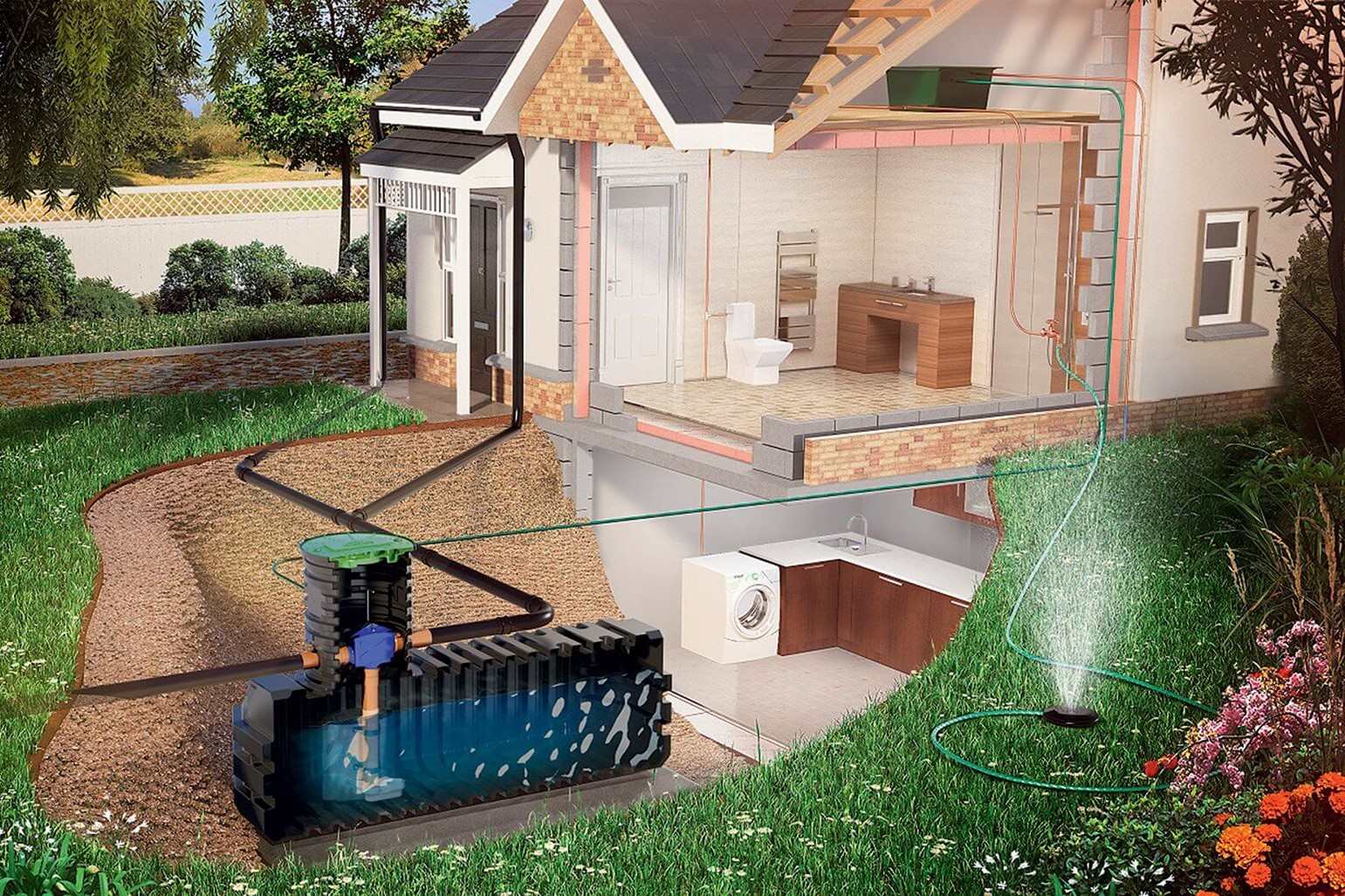
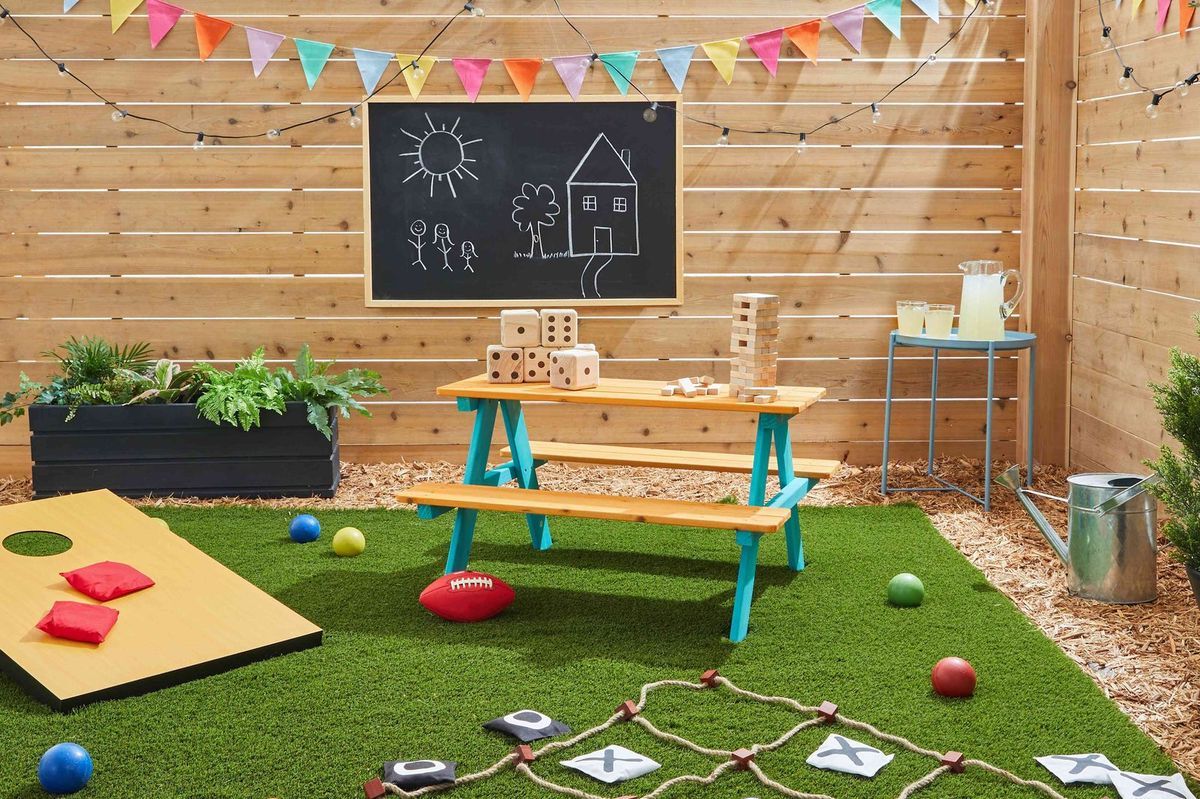
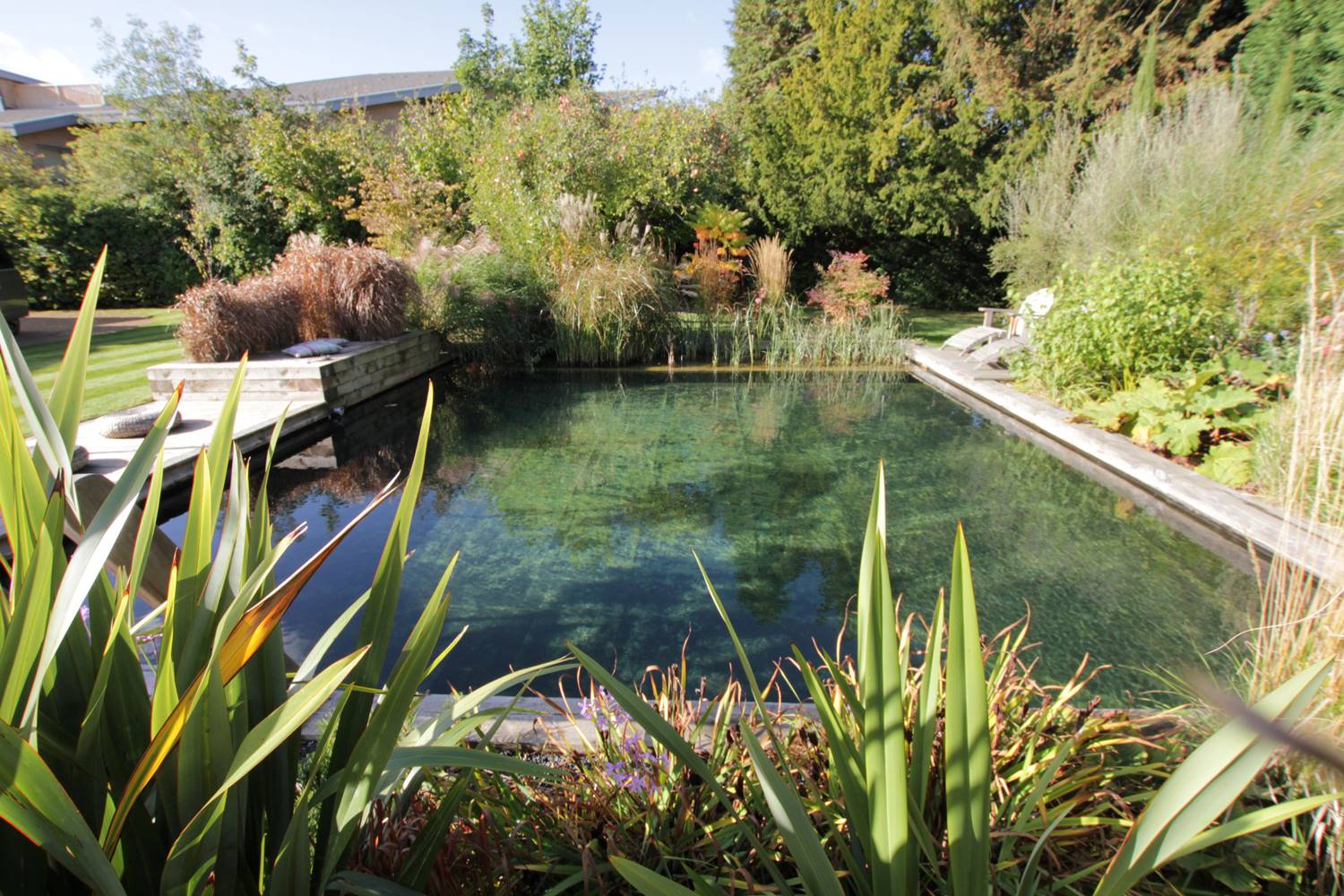

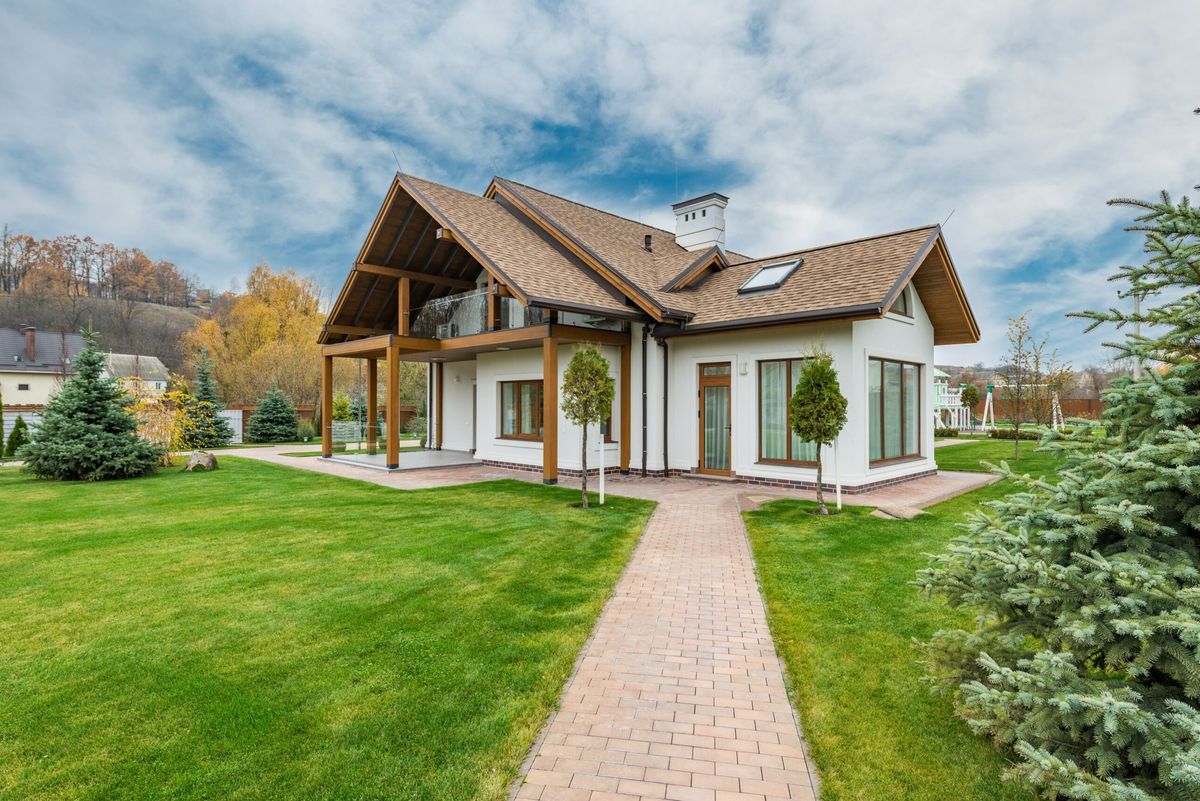
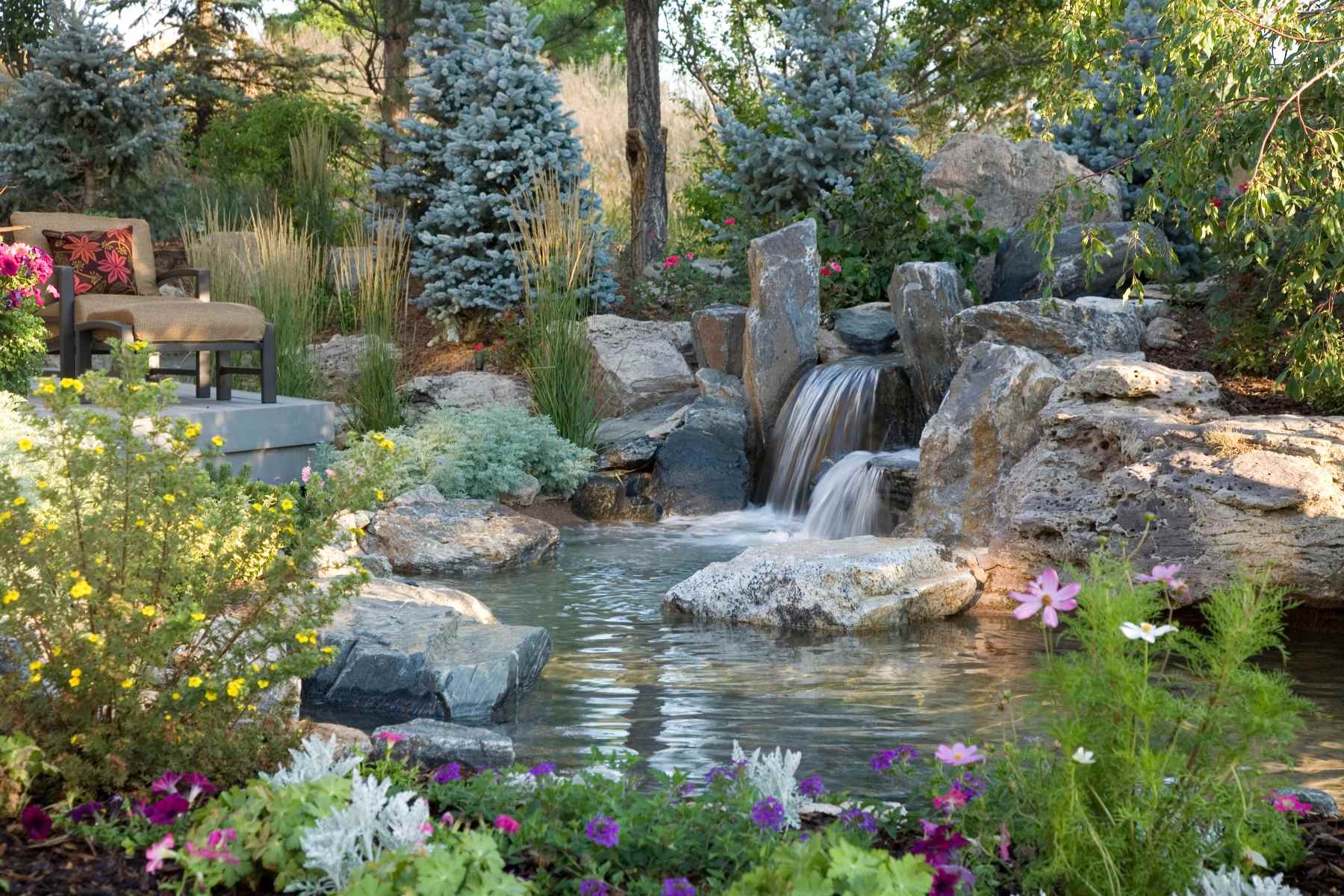
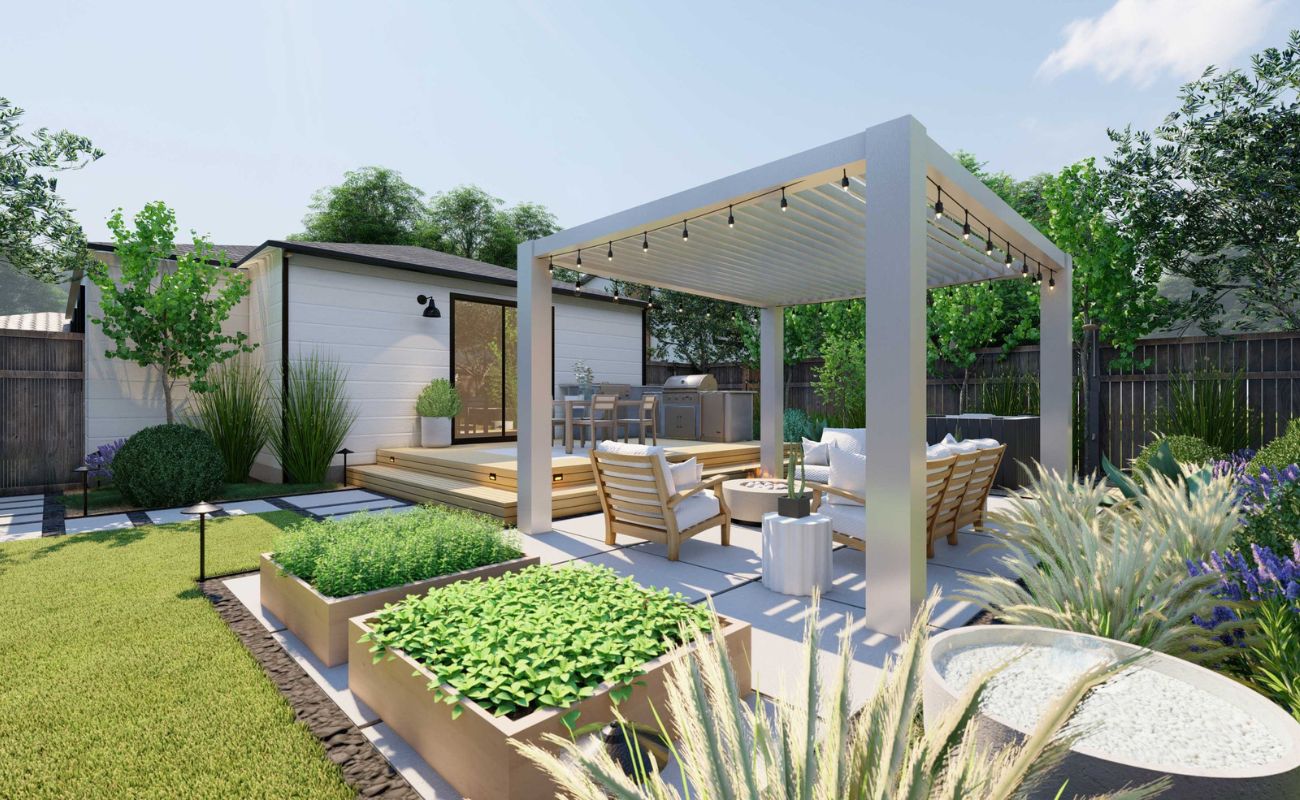
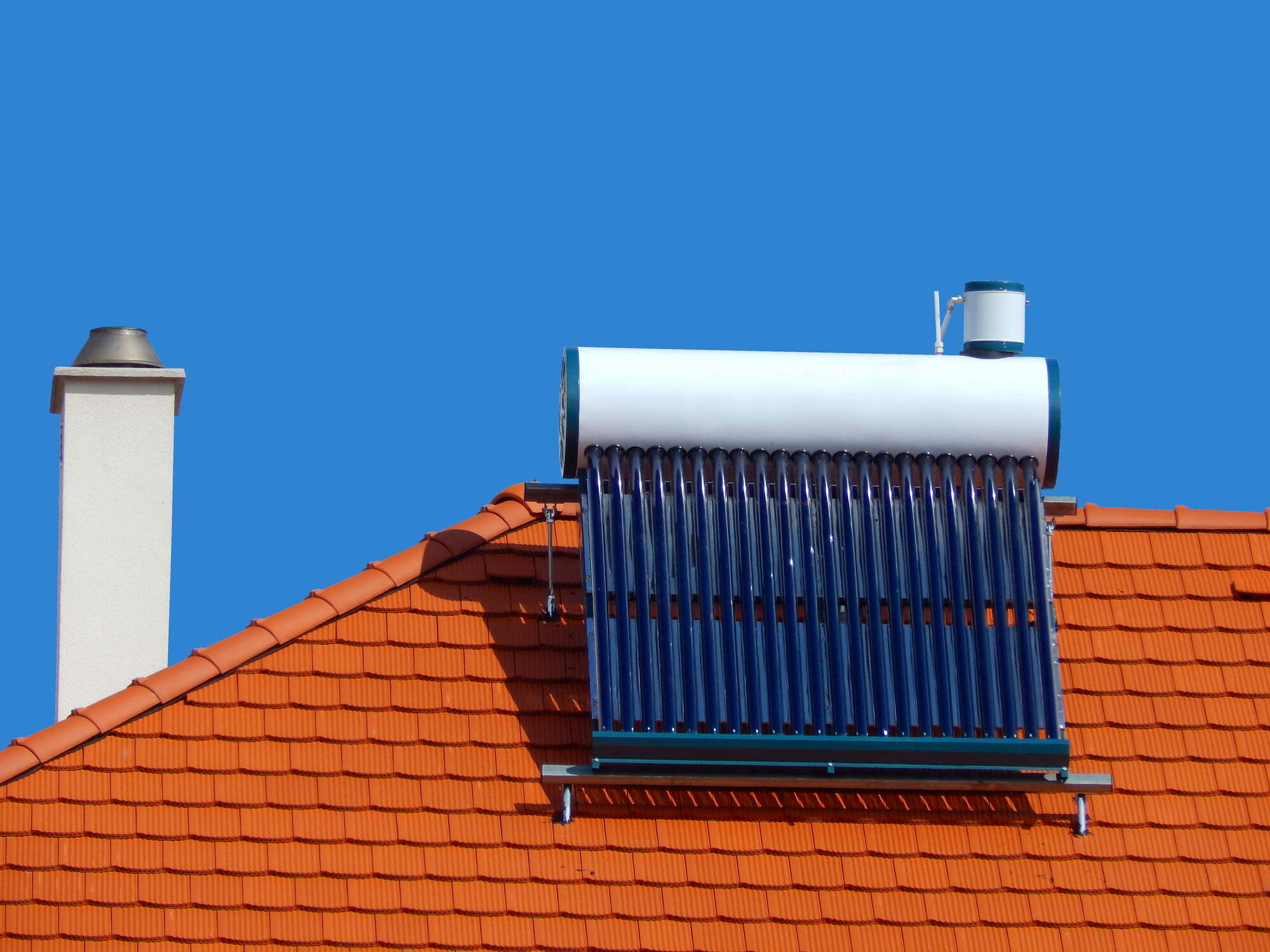

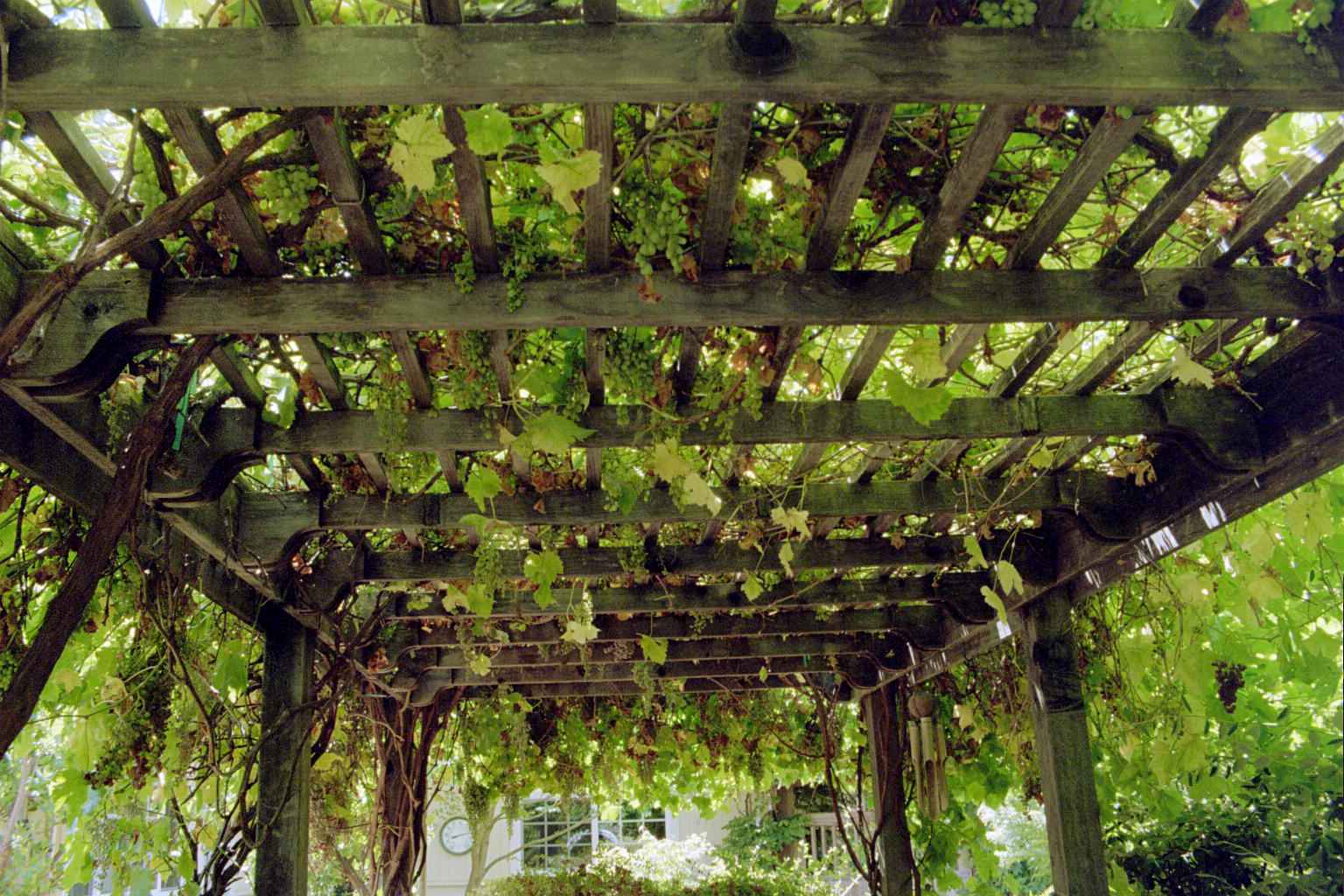
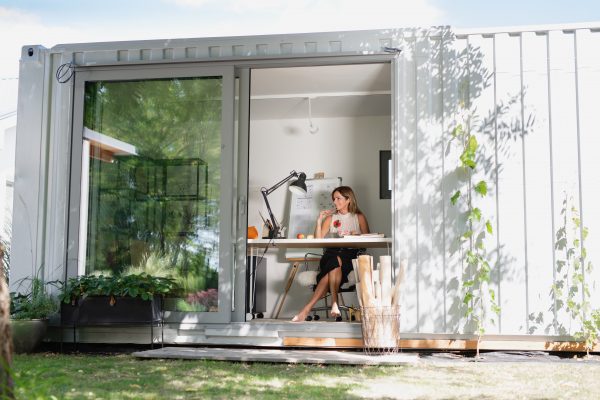

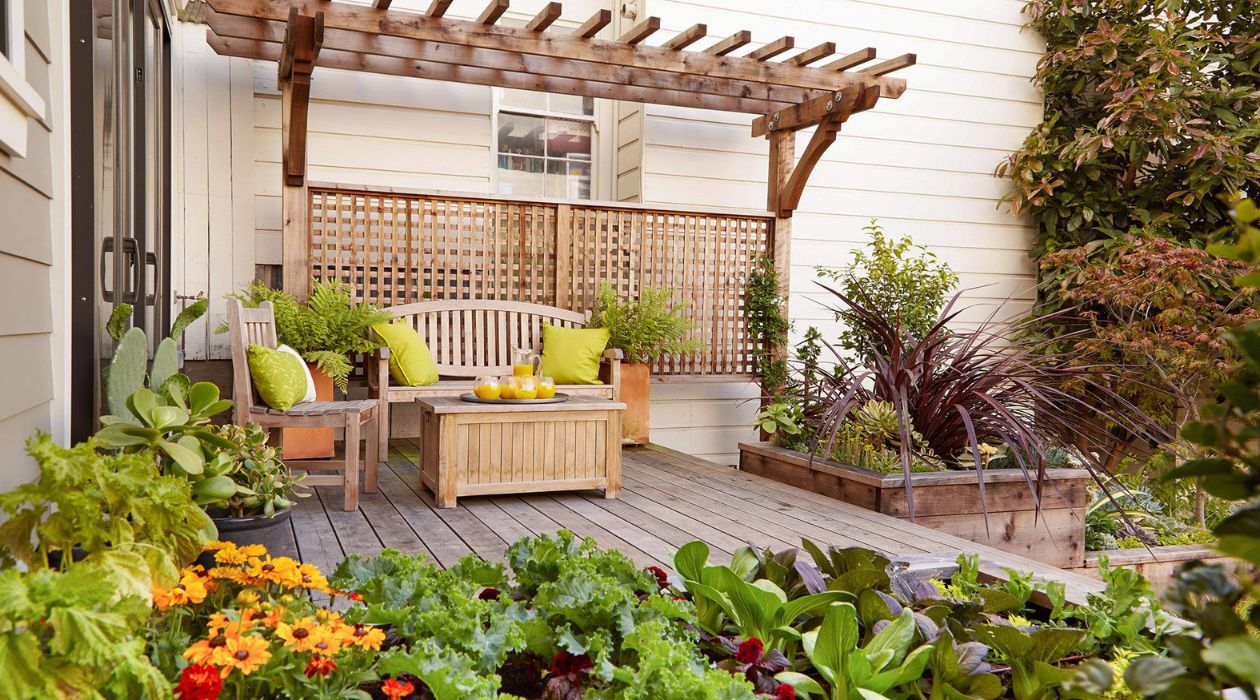

0 thoughts on “Backyard Water Conservation Tips: Eco-Friendly Landscaping Ideas”